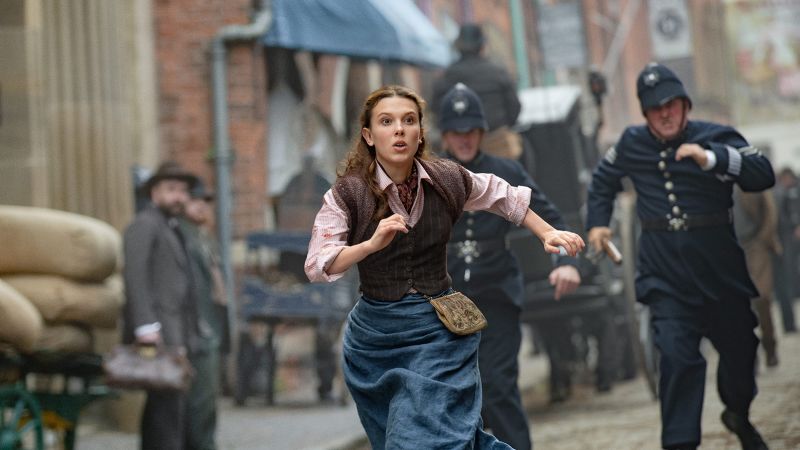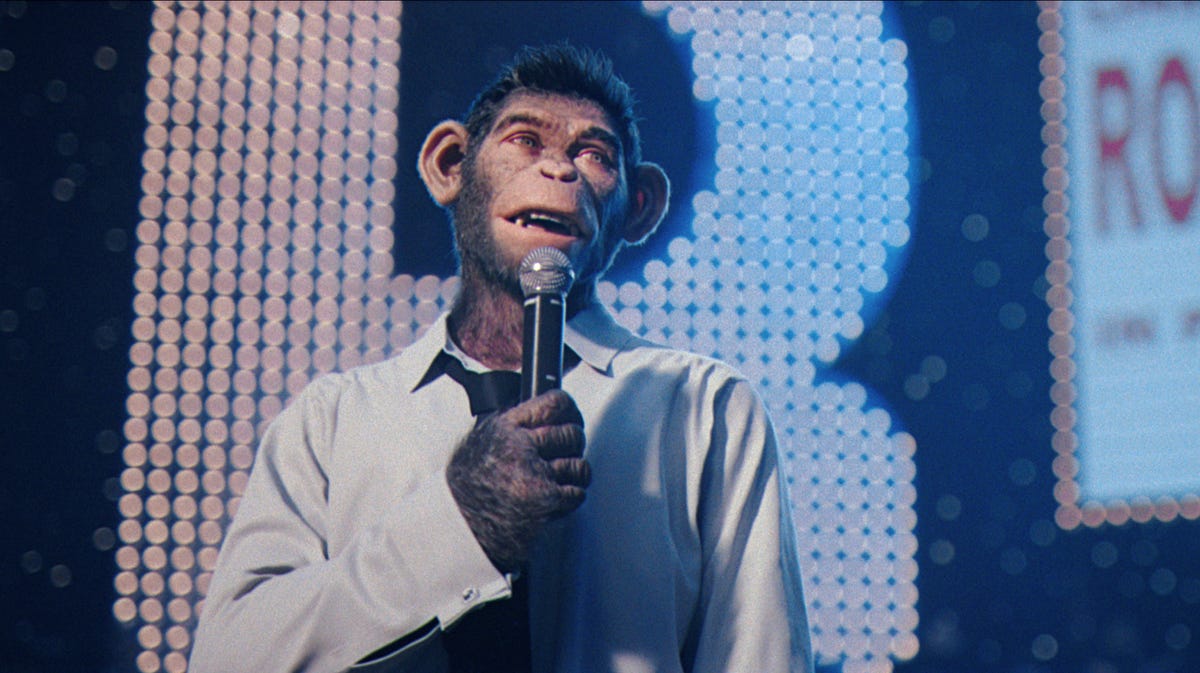Book Review
Hello Stranger: Musings on Modern Intimacies
By Manuel Betancourt
Catapult: 240 pages, $27
If you buy books linked on our site, The Times may earn a commission from Bookshop.org, whose fees support independent bookstores.
It’s telling that Manuel Betancourt’s new book, “Hello Stranger: Musings on Modern Intimacies,” grounded in queer theory and abolition, takes its title from a line from the 2004 film “Closer,” about two messed-up straight couples.
The choice of “Closer,” “a bruising piece about the rotting roteness of long-term intimacy,” as Betancourt puts it, is an experience familiar to many. 2024 was a year in which marriage, specifically heterosexual marriage, was taken to task. Miranda July’s most recent novel, “All Fours”; Sarah Manguso’s scathing novel “Liars”; nonfiction accounts such as Lyz Lenz’s “This American Ex-Wife”; Amanda Montei’s “Touched Out”; and even the late entry of Halina Reijn’s film “Babygirl” all show that, at the very least, women are unsatisfied with heterosexual marriage, and that some are being destroyed by it.
The straight male experience of sexual promiscuity and adventure is nothing new. It has been well trod in novels by writers such as John Updike and Philip Roth and more recently, Michel Houellebecq. In cinema there are erotic thrillers — think “Basic Instinct,” “Fatal Attraction,” “Eyes Wide Shut” — in which men are the playboys and women the collateral damage. Betancourt tells us that “Hello Stranger” begins in “a place where I’ve long purloined many of my most head-spinning obsessions: the movies.” But this book isn’t interested in gender, or heterosexuality. It’s an embrace of what makes us human, and the ways in which we avoid “making contact.” Betancourt wants to show that the way we relate to others often tells us “more crucially” how we relate “to ourselves.”
Through chapters focused on cinematic tropes such as the “meet cute” (“A stranger is always a beginning. A potential beginning,” Betancourt writes) and investigations of sexting, cruising, friendship, and coupling and throupling, “Hello Stranger” is a confident compendium of queer theory through the lens of pop culture, navigating these issues through the work of writers and artists including Frank O’Hara, Michel Foucault and David Wojnarowicz, with stories from Betancourt’s own personal experience.
In a discussion of the discretion needed for long-term relationships, Betancourt reflects: “One is about privacy. The other is about secrecy. The former feels necessary within any healthy relationship; the latter cannot help but chip away at the trust needed for a solid foundation.” In the chapter on cruising, he explores how a practice associated with pursuit of sex can be a model for life outside the structure of heteropatriarchy: “Making a queer world has required the development of kinds of intimacy that bear no necessary relation to domestic space, to kinship, to the couple form, to property, or to the nation.”
The chapters on cruising and on friendship (“Close Friends”) are the strongest of the book, though “Naked Friends” includes a delightful revisitation of Rose’s erotic awakening in “Titanic.” Betancourt uses the history of the friendship, and its “queer elasticity” using Foucault’s imagining of friendship between two men (“What would allow them to communicate? They face each other without terms or convenient words, with nothing to assure them about the meaning of the movement that carries them toward each other.”) to delve into Hanya Yanagihara’s wildly successful novel, “A Little Life.” He quotes Yanagihara, who echoes Foucault when she says that “her interest in male friendships had to do with the limited emotional vocabulary men (regardless of their race, cultural affiliations, religion, or sexuality—and her protagonists do run the gamut in these regards) have.”
Betancourt thinks about the suffocating reality of monogamy through Richard Yates’ devastating novel of domestic tragedy “Revolutionary Road” (and Sam Mendes’ later film adaptation), pointing out that marriage “forces you to live with an ever-present witness.” In writing about infidelity, he explores Stephen Sondheim’s musical “Company” and quotes Mary Steichen Calderone, former head of Sex Information and Education Council of the United States, in her research on adults who engage in extramarital affairs: “They are rebelling against the loneliness of the urban nuclear family, in which a mother, a father and a few children have only one another for emotional support. Perhaps society is trying to reorganize itself to satisfy these yearnings.” These revelations are crucial to Betancourt’s argument — one of abolition and freedom — that call to mind the work of queer theorists like the late Lauren Berlant and José Esteban Muñoz.
Betancourt ultimately comes to the conclusion popularized by the writer Bell Hooks, which is that amid any discussion of identity comes the undeniable: our humanity. He quotes Hooks’ quotation of the writer Frank Browning on eroticism: “By erotic, I mean all the powerful attractions we might have: for mentoring and being mentored, for unrealizable flirtation, for intellectual tripping, for sweaty mateship at play or at work, for spiritual ecstasy, for being held in silent grief, for explosive rage at a common enemy, for the sublime love of friendship.” There’s a whole world outside the rigid structures we’ve come to take as requirements for living.
“Hello Stranger” is a lively and intelligent addition to an essential discourse on how not only accessing our desires but also being open about them can make us more human, and perhaps, make for a better world. “There could possibly be a way to fold those urges into their own relationship,” Betancourt writes. “They could build a different kind of two that would allow them to find a wholeness within and outside themselves without resorting to such betrayals, such lies, such affairs.” It’s the embrace of that complexity that, Betancourt suggests, gives people another way to live.
When asked how he could write with such honesty about the risk of promiscuity during the AIDS epidemic, the writer Douglas Crimp responded: “Because I am human.” “Hello Stranger” proves that art, as Crimp said, “challenges not only our sense of the world, but of who we are in relation to the world … and of who we are in relation to ourselves.”
Jessica Ferri is the owner of Womb House Books and the author, most recently, of “Silent Cities San Francisco.”
































